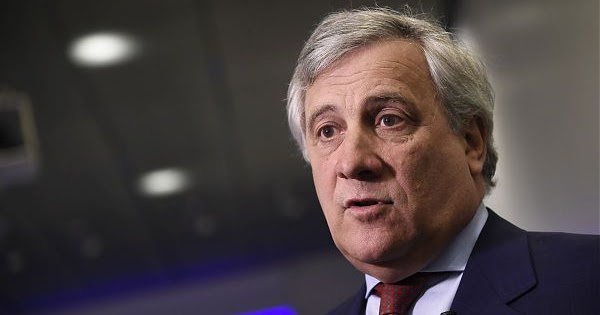HARARE (Reuters) – Zimbabwe’s most successful and internationally renowned musician Oliver Mtukudzi died on Wednesday after suffering from diabetes, ending a career that spanned four decades and 67 albums.
FILE PHOTO: Zimbabwean musician Oliver Mtukudzi sings at the funeral of Movement for Democratic Change (MDC) leader, Morgan Tsvangirai, in Buhera, Zimbabwe, February 20, 2018. REUTERS/Philimon Bulawayo
The 66-year-old singer, affectionately known as “Tuku”, died at a local clinic on Wednesday afternoon, the Minister of Information Monica Mutsvangwa said.
As news of his death filtered out, government ministers, lawmakers and ordinary Zimbabweans set aside the country’s political troubles to pay tribute to the most recognized artist to emerge from Zimbabwe onto the international scene.
Mtukudzi began performing in 1977 with Thomas Mapfumo, another successful artist whose protest music remains popular.
With his husky voice, Mtukudzi earned a devoted following across Africa and beyond. He largely steered clear of politics in his songs, which touched on people’s everyday life struggles.
But in 2001, his song Wasakara, loosely translated as “you are old” from the chart-topping album Bvuma/Tolerance, was interpreted by many to refer to Robert Mugabe, then Zimbabwe’s 77-year-old president, whose party won a violent and disputed vote the year before.
In March 2003 Mtukudzi made it to the cover of Time magazine titled “The People’s Voice”, a story about how the country’s musicians were singing for change.
“If anyone ever made me proud to be #Zimbabwean it was you. Thank you for making us happy for so long, especially during the darkest days,” opposition senator David Coltart posted on Twitter.
Mtukudzi’s music cut across generations and in his later years he produced duets with younger musicians, some of whom he nurtured at his arts center in Norton, outside Harare.
He has produced songs with South African group Black Mambazo as well as Hugh Masekela, the trumpeter and singer known as the “father of South African jazz” who used his music in the fight against apartheid and died on the same day in 2018.
“From the depths of Harare his career blossomed like the flame lily flower & his artistic genius brought us together in good times & gave us hope during our darkest hour,” Nathi Mthethwa, South Africa’s Minister of Arts and Culture, tweeted.
Editing by James Macharia, Andrew Cawthorne, William Maclean






Leave a Reply